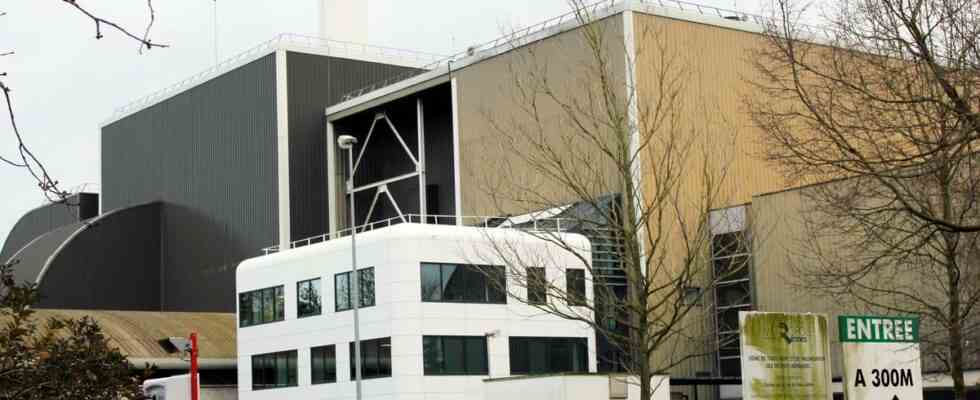It’s clearly not Rennes’ sexiest outfit. Its shutdown scheduled for Friday, April 1 for a period of eighteen months, however, reminds us of its usefulness. In Villejean, the oldest incinerator in France will be shut down to be completely refurbished. A monstrous project which should cost more than 135 million euros in Rennes Métropole. A colossal sum that will make it possible to refurbish the ovens and improve the energy performance of the equipment. Commissioned in 1968, energy recovery plant (UVE) showed flagrant signs of dilapidation that the works will have to erase.
Capable of engulfing nearly 150,000 tonnes of waste each year, the incinerator provides “100% garbage” heating to around 20,000 inhabitants and even electricity. When it reopens in early 2024, it should be able to produce “40% more heat and 120% more electricity”, according to the city, or the equivalent of 35,000 homes. But in the meantime, a question arises: what will become of our waste accumulated during this period? Rest assured, the community has not planned to ask you to keep them.
The carbon footprint will not be very good
From Friday, the dump trucks responsible for collecting household waste will stop at a temporary site at La Barre-Thomas to unload. Our waste will then take the road to Bourgbarré where a transfer center has been set up, before leaving by truck for neighboring territories. “We have found solutions in Brittany and in the neighboring regions”, assures Laurent Hamon. The vice-president of the metropolis in charge of waste recognizes, however, that the carbon footprint of the operation “will not be very good”. About 80% of the city’s waste will be incinerated. For lack of a better solution, 20% of our bins will be buried. Normally, this figure does not exceed 3% in Rennes Métropole.
If the renovation of the incinerator has a very high cost, the “diversion” of our waste will also be very expensive: around 28 million euros overall. It was also necessary to build a gas boiler room in the northern districts in order to continue to heat the 20,000 homes usually connected to the UVE. Faced with all these investments, the metropolis had announced an increase in the household waste collection tax in the coming weeks. Rennes and metropolitan households should pay between 20 and 40 euros more per year for the removal of their waste.

